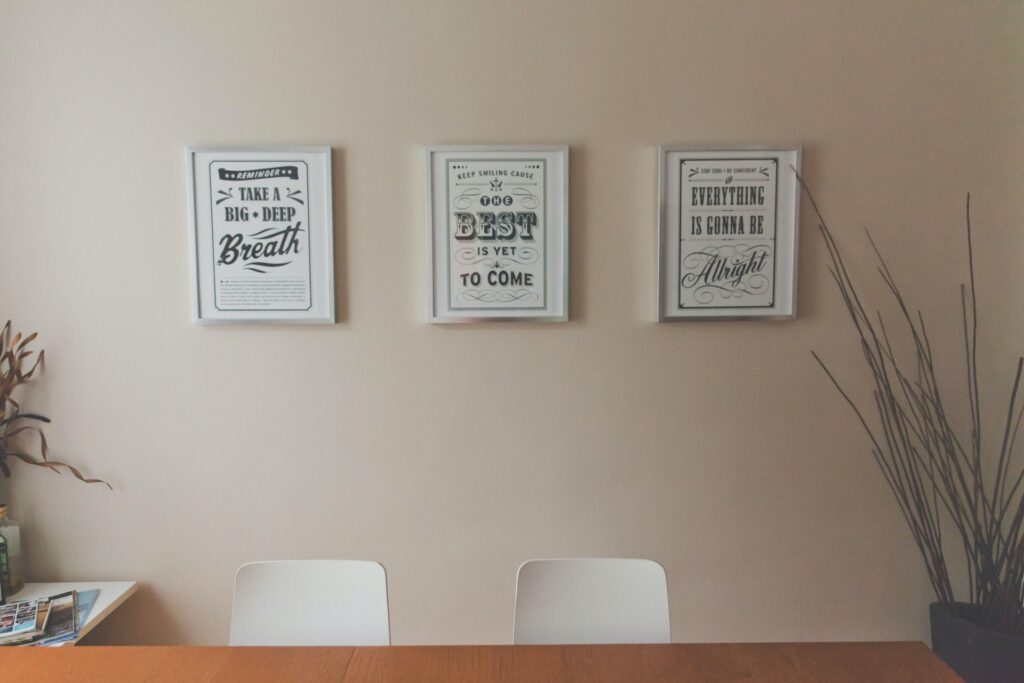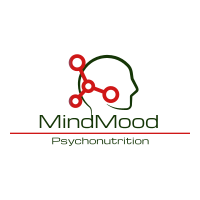This year’s UK’s Mental Health Awareness Week runs from the 10th-16th of May. It is a week and a subject that I cherish with all my heart both because of the work I do as a Psychologist for the last 10 years in the social and care sector, but also because I have experienced mental health issues myself.
Raising awareness, creating dialogue and taking action towards positive mental health is key for happiness and positive health and wellbeing. Additionally, through my own lived and professional experience I have also realised that good mental health needs daily work, thus prevention will always be key too.
Achieving good mental health and the daily work it requires is part of a holistic and preventive lifestyle that is not more than what I call – a lifestyle medicine tool box. A box that you keep building and developing day by day and resort to when stress, anxiety, fear, hopelessness or low moods emerge.
If last week I encouraged you to laugh more and incorporate laughter in your lifestyle medicine tool box, this week I encourage you to choose good mental health.

Good Mental Health
Note that ‘choosing good mental health’ does not devalue each person’s life history, particularly in relation to traumatic experiences both as a child or as an adult and its impact on that person’s perception and experience of their internal and external world. What ‘choosing good mental health’ aims to do is to create a sense of self-empowerment and agency that enables people to overcome life obstacles and past experiences with hope, courage and optimism – to be the protagonists of their own lives, mastering the here and now, the present moment where action can take place.
Hence, in 2021 choose good mental health by:
- Understanding that your mental health falls on a continuum: your mental health can range from a positive mental health state to a more negative mental health state and some days you will feel more anxious/stressed than others due to a multitude of internal or external factors – this is OK and adaptive as human beings. Key here is also to understand when your mental health starts to impact your daily functioning for an extended period of time and it becomes debilitating – that’s when you need to seek professional support.
- Prioritising and respecting your mental health: if you are experiencing a more negative mental health state don’t ignore it and take action. Tap into your own positive coping mechanisms, part of your own lifestyle medicine tool box: going for a walk or doing yoga? Meditating or breathing? Journaling or calling a close friend? Eating a nourishing-mood boosting meal, reading my post about How to Achieve Happiness or taking a hot bath? Seeking/speaking to your therapist or ringing a helpline such as Samaritans.Noticing, nurturing and addressing your mental health is a form of self-respect and self-love.
- Remaining hopeful: even when a more negative mental health state persists, remain hopeful or create hope, reminding yourself that you will feel better soon and there is always a solution: there are different ways to help you feel better and support available out there for you.

To access resources and support, go to www.mind.org.uk or www.mentalhealth.org.uk/ or ring Samaritans on 116 123, text SHOUT to 85258 or NHS 111 for urgent medical advice.
You can also contact me here.




